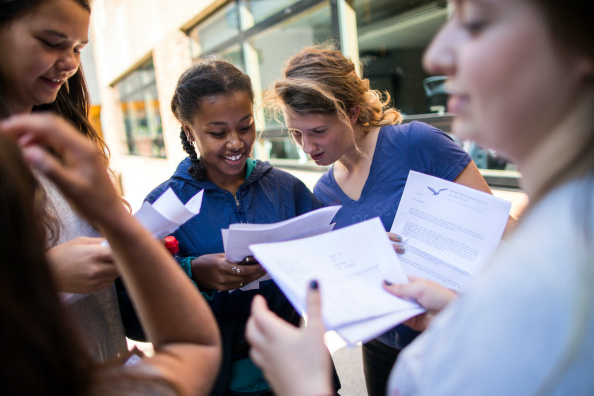A study out today suggests that sending your kids to private schools puts them two years’ ahead of their state school counterparts by the time they reach the age of 16. The research, revealed in The Times, showed the ‘private school effect’ apparently boosted grades in almost every subject. But here, in an article first published in the Spectator in 2013, leading genetics Professor Robert Plomin shows that this is nonsense and that GCSEs are much more about nature than nurture:
We have previously shown that individual differences in educational achievement are highly heritable in the early and middle school years in the UK. The objective of the present study was to investigate whether similarly high heritability is found at the end of compulsory education (age 16) for the UK-wide examination, called the General Certificate of Secondary Education(GCSE). In a representative twin sample of 11,117 16-year-olds, heritability was substantial for GCSE performance for compulsory core subjects (58%) as well as for each of them individually: English (52%), Mathematics (55%) and Science (58%). In contrast, the overall effects of shared environment, which includes all family and school influences shared by members of twin pairs growing up in the same family and attending the same school, accounts for about 36% of the variance of mean GCSE scores. The significance of these findings is that individual differences in educational achievement at the end of compulsory education are not primarily an index of the quality of teachers or schools: much more of the variance of GCSE scores can be attributed to genetics than to school or family environment. We suggest a model of education that recognises the important role of genetics. Rather than a passive model of schooling as instruction (instruere, ‘to build in’), we propose an active model of education (educare, ‘to bring out’) in which children create their own educational experiences in part on the basis of their genetic propensities, which supports the trend towards personalised learning.






Comments